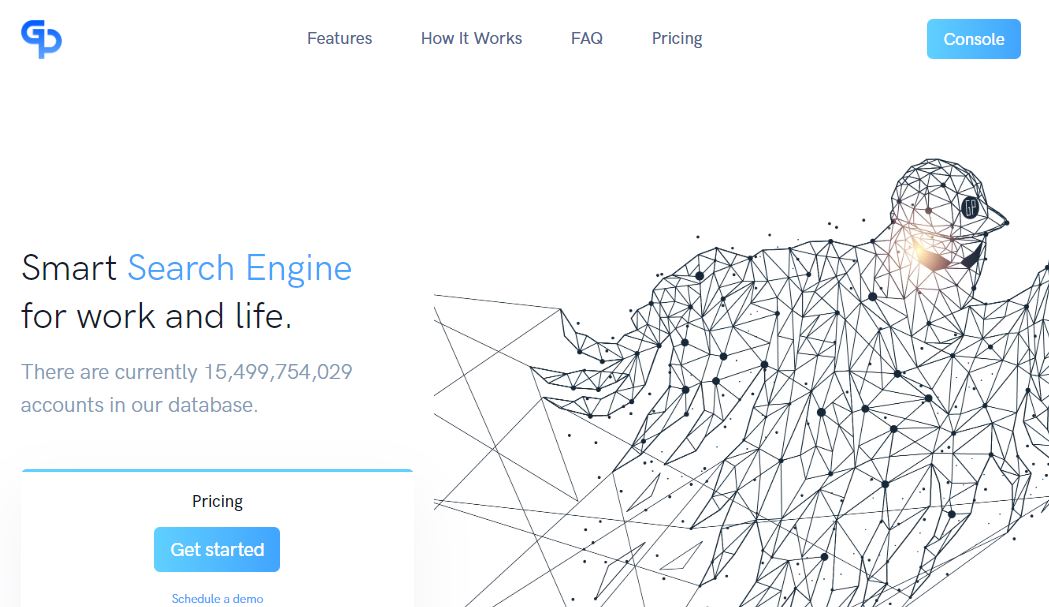Just like with any business, Manufacturing companies have goals that they aspire to reach every year. These include improving workflow efficiency, minimizing costs, and reducing wastage. When you take into account human errors (of which there are many), we can say for sure that efficiency is not going to be at its peak. Humans aren’t able to work and compute at 100% at all hours of the day, unlike a machine.
This is why software has become a vital part of managing efficiency in a business. They help bridge the gap between the workforce and productivity. With the correct software in place and proper management of resources, businesses have the ability to reach their goals.
When it comes to software for manufacturing companies, ERP software is a commonly used one. This is because it is responsible for interconnectivity and managing the manufacturing operation. However, if you’re thinking about investing in software for manufacturing companies, you cannot simply choose an ERP and expect it to work. It requires planning and deliberation as software can only bring you results if it works for your particular business.
How to start selecting the right manufacturing software
When you begin this process, it is important to keep in mind the scale of the manufacturing software solution you’ll need. If it doesn’t encompass all the sectors of the business, then the software will be subpar and won’t fulfill all your requirements. As such, your first steps should be:
Identifying all the current systems running in the business
Now, this will depend on the current state of your business. Are you using software that requires an upgrade? Or have you mostly been using manual processes so far? Either way, you need to make note of each individual system you have put in place. For example, systems for:
- Tracking where products are located in the warehouse
- Tracking which products have passed quality inspection
- Ensuring products are shipped to clients
By identifying all these systems, you can get a clear idea of the requirements your business needs. It will also tell you where you’re lacking and what needs to improve.
Do your research on manufacturing software
There are many types of manufacturing software solutions that cater to different requirements. You should do some initial research to try and figure out which of these software fits the bill. Here’s how you should be judging the criteria for each type of software:
- What areas does the software cover?
- What are the main advantages and disadvantages?
- Will this suit my business requirements?
Seek expert Help
Let’s face it, unless you have someone skilled in IT technology, deciding on the best manufacturing software can be a challenge. And even if you do, you probably don’t have the experience to select the best software above all else. This is why many businesses opt for the guidance of experts to choose the software for them.
Truth be told, you can skip the first two steps and let the experts do all the work for you. But, if you want to have a more hands-on approach, then it’s better to know exactly what’s going on. Some of these experts can even create custom manufacturing software that fits your business requirements to a T.
Types of software for manufacturing companies
To get you started, here are some of the most common software used by manufacturing businesses.
ERP (Enterprise Resource Planning) software
This software encompasses the whole business operation. From inventory and product management to supply chain operations and finance.
CMMS (Computerized Maintenance Management Systems)
These are used to maintain physical assets and manage the appropriate teams. This is done to increase productivity and minimize costs.
MES (Manufacturing Execution Systems) software
This software is used to connect multiple factories/plants and integrate all systems and technology. As a result, you are able to view all operations through one system.
QMS (Quality Management Systems) software
QMS software is typically put in place to manage and monitor quality standards and meet specific goals. This will ensure that all products meet the required quality levels before they are sent out of the business.
The process of selecting the right software for manufacturing companies can be difficult and tiring. But, once the system has been set up, you will definitely notice an improvement in productivity and workflow!

![[pii_email_8cbb3a80dd4511466e61]](https://redditworldnews.com/wp-content/uploads/2021/01/pii_email_8cbb3a80dd4511466e61.png)
![[pii_email_5457aa8cafe7928361ba]](https://redditworldnews.com/wp-content/uploads/2021/01/pii_email_5457aa8cafe7928361ba.png)
